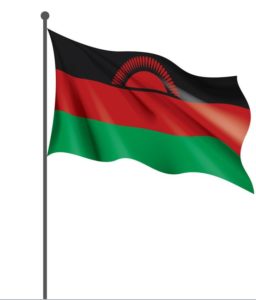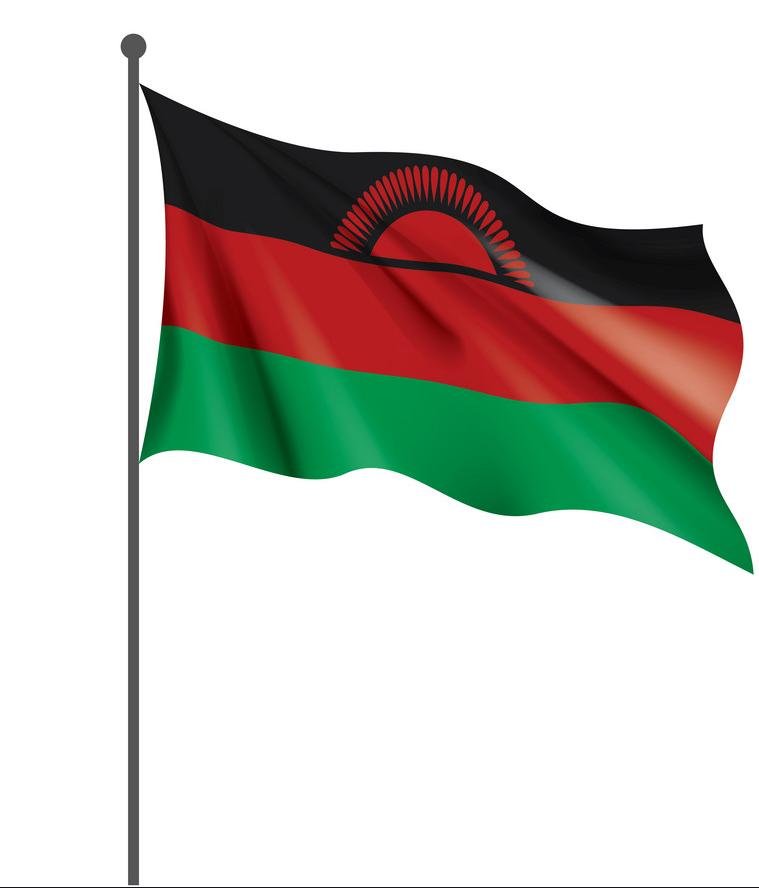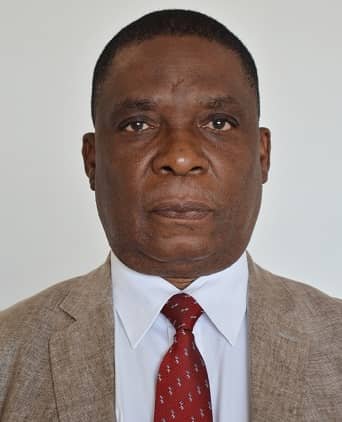By Chisomo Phiri
The government has issued a warning shoot to some individuals and organizations who are unlawfully using the protected flag, emblems, names, colours for their brands promotion.
In a statement, secretary to the President and Cabinet Colleen Zamba says the use of the mentioned features without a valid permission contravenes the Protected Flag Emblems and Names Act of the Laws of Malawi.

” The general public is hereby informed that it is an offence under Section 5 of the Act to use, display or permit to be displayed, manufacture, sell, offer for sell, import or produce protected emblems without written permission of the Minister responsible for the adminstration of the Act.
” The office of President and Cabinet, is, therefore, calling upon the general public especially those individual, organizations or otherwise who are using,displaying, manufacturing, selling, offering for sell, importing or producing the protected emblems, colours, names, and likeness without written permission from the Minister in accordance with Section 5 of the Protected Flag, Emblems and Names Act to desist from the malpractice. “
The SPC says, the law shall apply to any person, organization or otherwise who shall contravene the Act in this regard.









